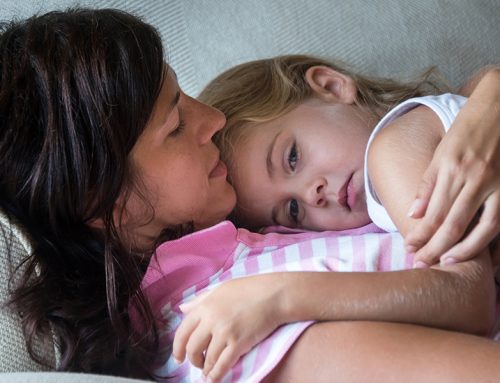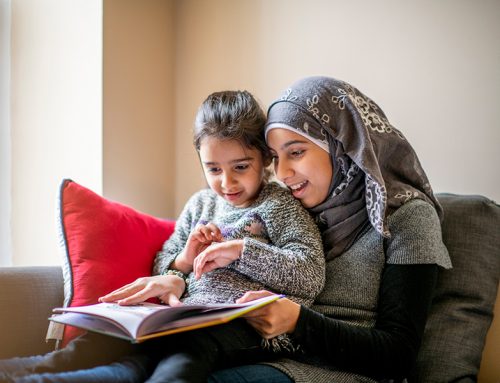Recommended Hours for Children by Age
As you’re raising your little one, you may be wondering if he or she is getting enough sleep. Maybe you have a nice night routine going with them. A bit of reading, helping them brush their teeth and then tucking them into bed at a reasonable hour.
But, what is that reasonable hour? How many hours of sleep does your child need to stay healthy?
These are both valid questions. In general, children, whether they are toddlers or teens, need more sleep than adults to support their growing development. And the sleep needs could rapidly change between each stage of childhood growth. After all, toddlers need more shuteye than teenagers, and infants need more sleep than toddlers. Talk about a lot of change to keep up with!
And on top of that, losing an hour here and there could impact some children. According to a recent study done at McGill University, if children ages seven to 11 slept an hour under than usual, they showcased increased irritability and frustration. If you’re a parent or guardian, this is probably not breaking news.
Developing good sleeping patterns and habits for your child will put them on the right track for getting the sleep they need. Even then, the amount of sleep kids need varies from individual to individual. But staying somewhere in the range of hours recommended is a good place to start.
How much sleep do kids need by age?
Here are the general guidelines set by the National Sleep Foundation with the recommended sleep range:
| Age Group | Recommended Hours | Hours that may be appropriate |
|---|---|---|
| Newborns (0-3 months) | 14-17 | Not less than 11, not more than 19 |
| Infants (4-11 months) | 12-15 | Not less than 10, not more than 18 |
| Toddlers (1-2 years) | 11-14 | Not less than 9, not more than 16 |
| Preschoolers (3-5 years) | 10-13 | Not less than 8, not more than 14 |
| School-aged children (6-13 years) | 9-11 | Not less than 7, not more than 12 |
| Teenagers (14-17 years) | 8-10 | Not less than 7, not more than 11 |
Healthy sleep habits for your child
When should my child go to bed?
The time that kids go to bed makes a huge difference. A good rule of thumb is to start from when your child wakes up, then add the hours backward to come up with an appropriate bedtime. For example, if your two year old child wakes up at 7 am, they should probably be falling asleep around 7-8 pm the night prior.
Create a soothing bedtime routine
Kids display a lot more energy than adults. Contrarily to adults growing lethargic as they get sleepier, kids get bursts of energy. You may even notice your child be extra animated in the evenings, but this doesn’t mean putting off their bedtime. So this makes developing a wind-down routine even more critical.
Start their bedtime routine about an hour before you say “goodnight”. Set electronic boundaries to limit LED lighting that could interfere with your child’s sleep. Create a cozy bedroom environment with dimmed lights and a comfortable temperature. For a cherry on the cake, consult our roundup of the best mattresses for kids.
Then the next part is up to you and what your child wants to do! Some ideas include having a bath, putting on PJs, brushing teeth and reading a book. If you create a healthy, relaxing and enjoyable routine, your child may even look forward to bedtime. Now wouldn’t that be nice!
Address additional concerns with a professional
If your child is actively resisting sleep, overtired or waking up irritable, it’s a good idea to try out these 10 tips and speak to your child’s doctor. Like adults, children can also experience a range of sleep disorders such as sleep apnea. But with routine visits, you can help screen your child for any underlying issues as they develop. A happy, healthy child is a child well rested!




